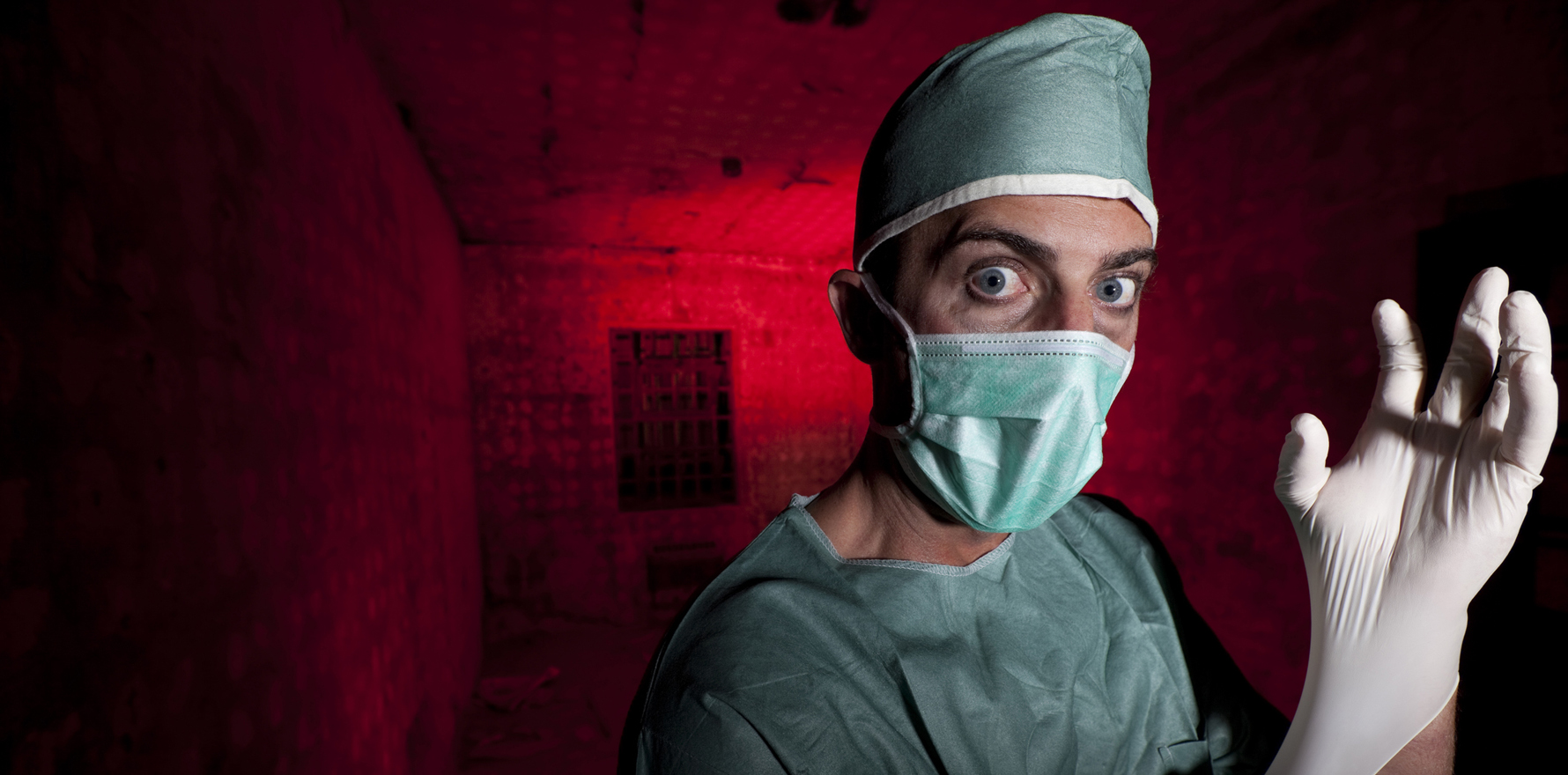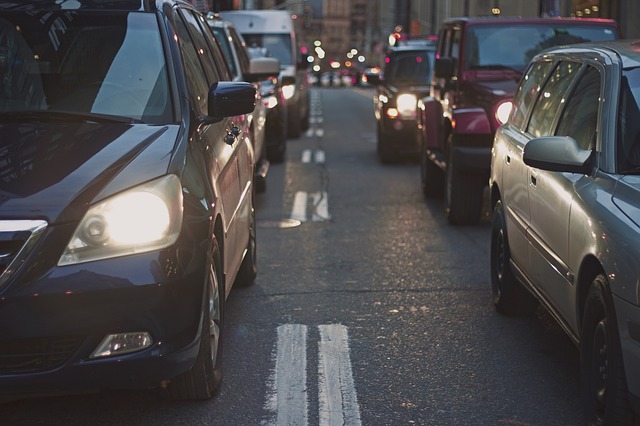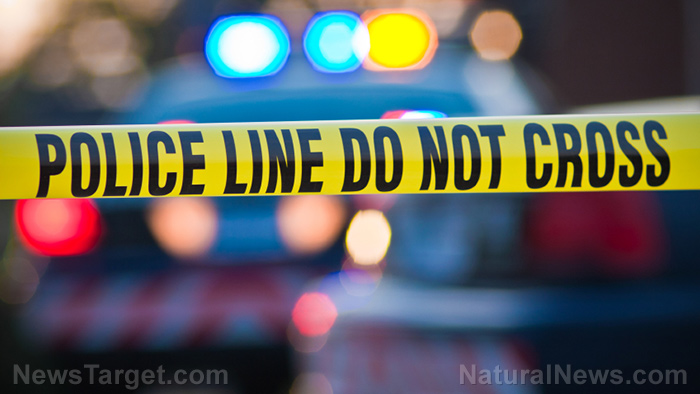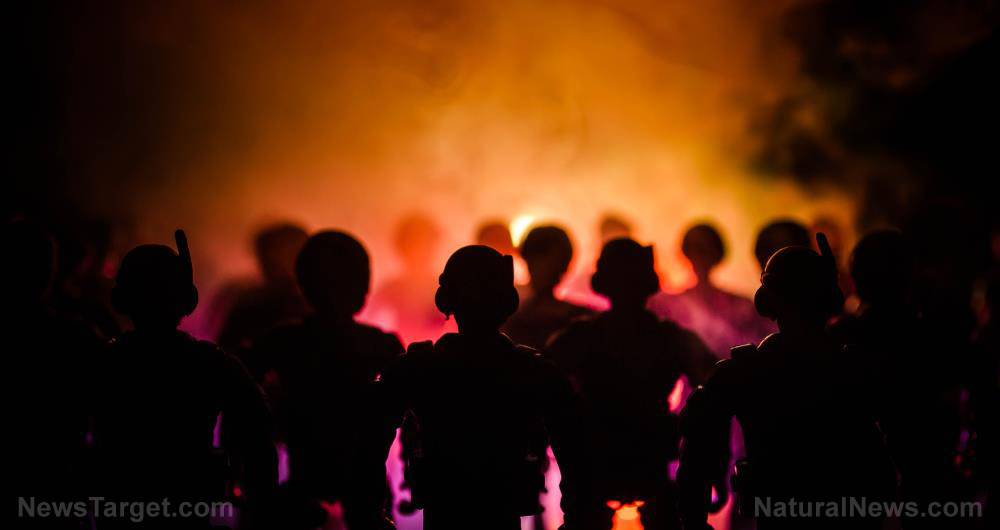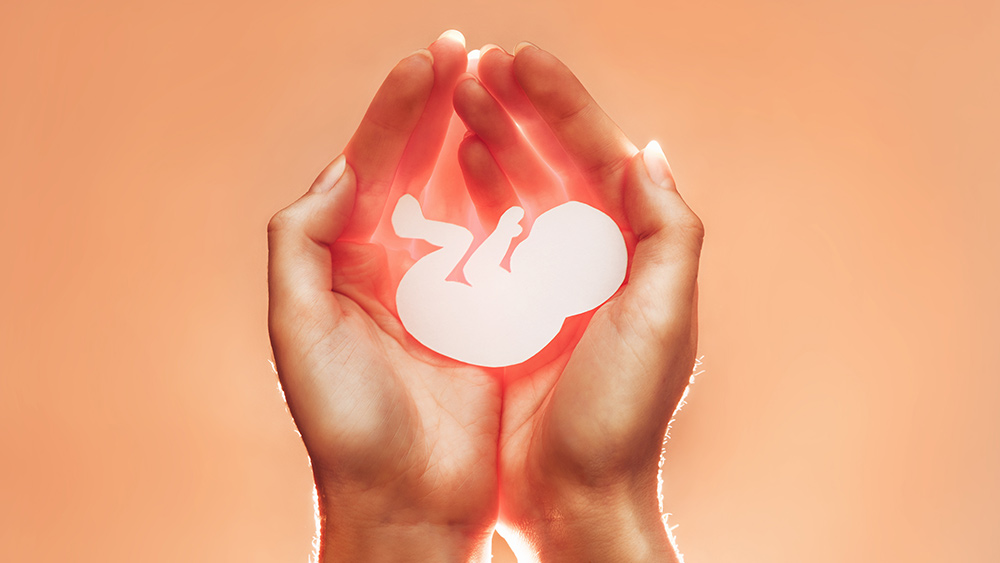
When you're watching the news, do you pay attention to reports about crimes or do you ignore everything as you go about your day? If you want to protect yourself and your family, take note of these reports and start practicing situational awareness. (h/t to ConcealedCarryToday.com)
What is situational awareness?
Situational awareness doesn't mean being insensitive to the victims of the crimes reported in the news. It means paying attention to details and using your prepping skills so the same thing doesn't happen to you or your loved ones.
Here's a common scenario: You're on your way home from work and you need to drop by the store to buy some milk. Once you're at the store, you get the milk, you wait in line at the cashier, then you stare at your phone until it's your turn to pay. Is there anything wrong with this scenario?
It can take place anywhere in the world, but from the time it took you to find the milk to paying the cashier, did you notice how many people you passed or where the exits were? A person who was not paying attention to their surroundings may find themselves in trouble.
This is where situational awareness comes in. This crucial survival skill is the process of knowing what is going on around you at all times and having a tentative plan to respond to an unusual occurrence.
This doesn't mean that people with situational awareness are insecure or paranoid. Paying attention to your surroundings and planning for potentially dangerous situations are key to survival, especially when SHTF.
Attackers target victims who are easy to take advantage of. Don't make things easier for them by being glued to your phone when you're taking a walk or shopping.
Even if you belong to a middle class or an affluent family, your "safe" neighborhood could still be targeted by criminals. You don't have to hide inside your home to avoid danger, especially since living a life driven by fear already makes you a victim. The best thing to do is to evaluate your situation and think of how you can improve your daily routine so potential attackers don't target you.
Here are two important things to consider:
- You're not going to turn into an action hero overnight.
- You can't control every parameter and scenario in your life.
Situational awareness won't protect you from every danger there is, but it can help you stay safe. Preppers and survivalists know that even milliseconds of reaction time can spell the difference between life and death.
A situational awareness exercise
The next time you're out running errands, keep your phone in your bag. Your life is more important than your friends' Facebook status updates. (Related: Critical survival skill: Teach yourself and your kids situational awareness.)
For example, if you need to get gas, here are some important things to remember.
- Put the car in park. Before you open the door, check your rear and side view mirrors. If someone is approaching, check them out for a second. Let them pass by if they are close, but if they keep lingering and looking in your direction, they could be a potential attacker.
- After you exit your vehicle, look around again. Check your surroundings and the people around you at the other pumps. Once you confirm that there are no potential threats or suspicious activity, you can go about your business.
- Don't take out your phone. While you're waiting, glance discreetly around you every few seconds.
- Once you’re finished fueling, reenter your car. Stay alert, close the door, and lock them. As you're preparing to drive, check your mirrors until you're safely driving down the road.
The exercise above applies to other scenarios, such as when you're at the bank or the mall. Situational awareness isn't meant to instill fear in you. In fact, it aims to train your mind and body to be prepared and react if needed.
Even preppers with situational awareness take the time to greet their neighbors or other people they pass by on their daily walks. The difference is, preppers pay attention to where they're going and who they're encountering while also enjoying the view.
Practice situational awareness daily, but don't be too obvious. It may seem odd at first, but remember that being prepared and observant is crucial if you want to avoid potential danger wherever you are.
Sources include:
Please contact us for more information.
















